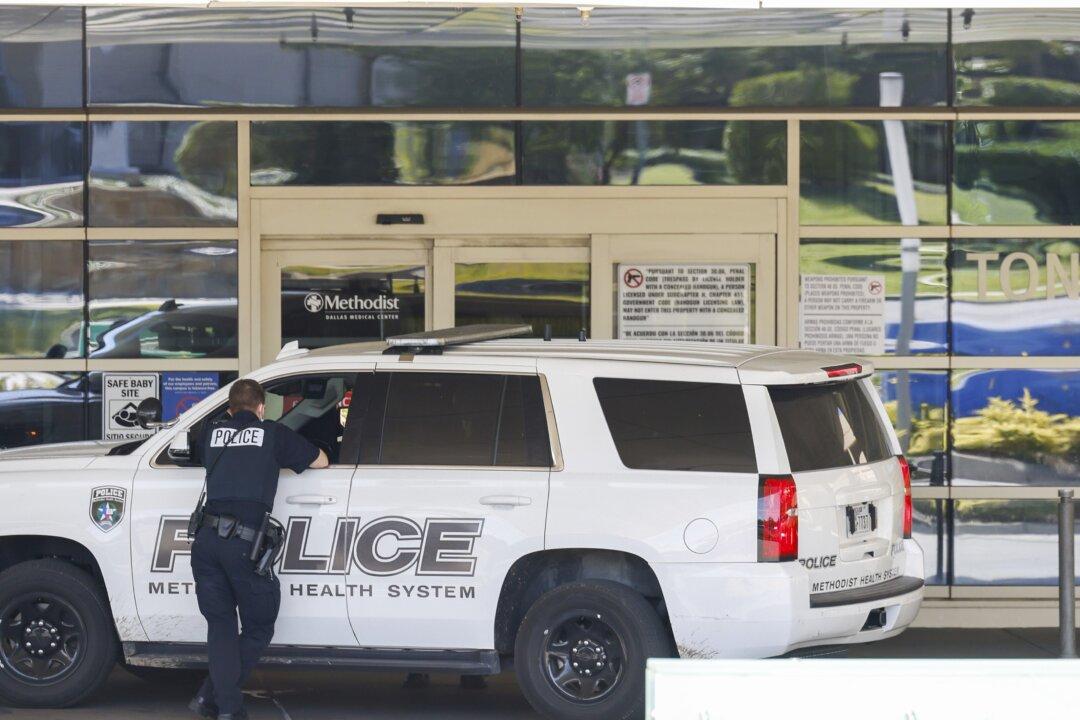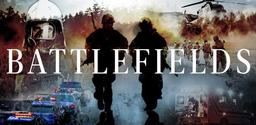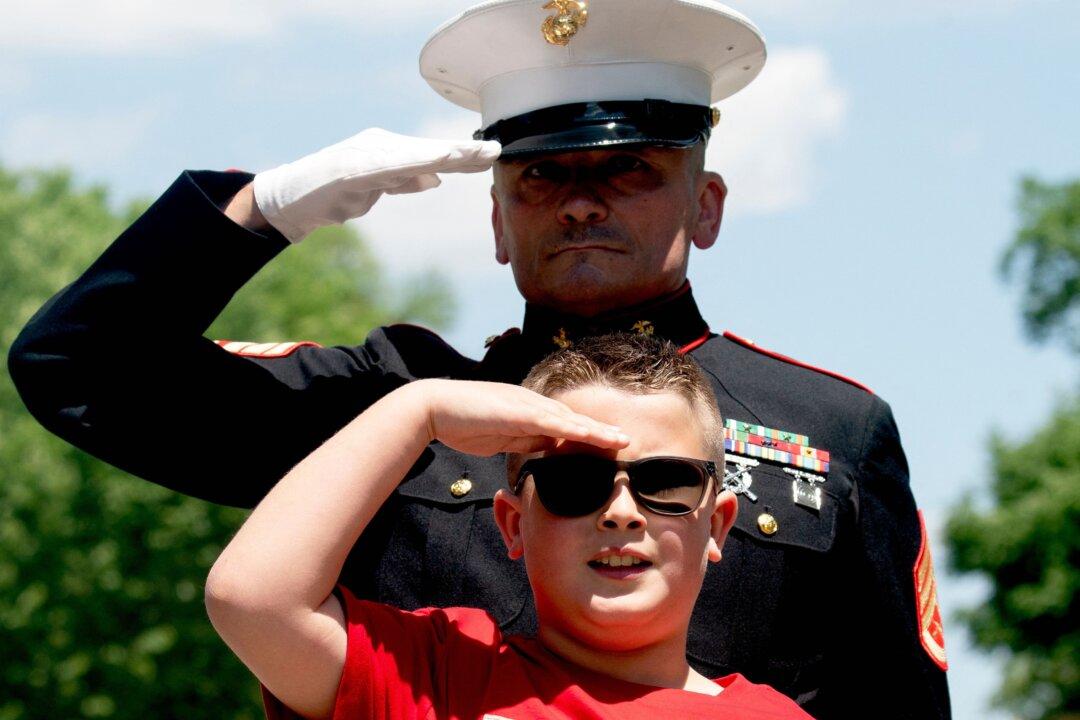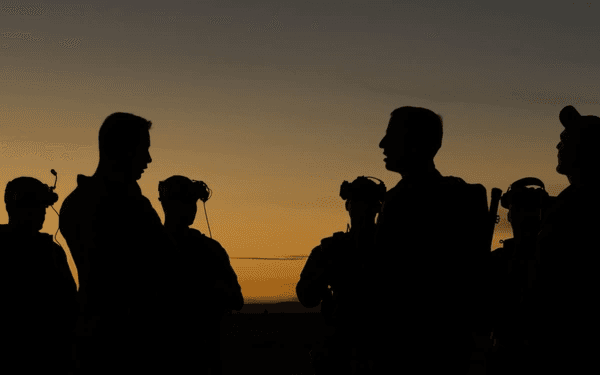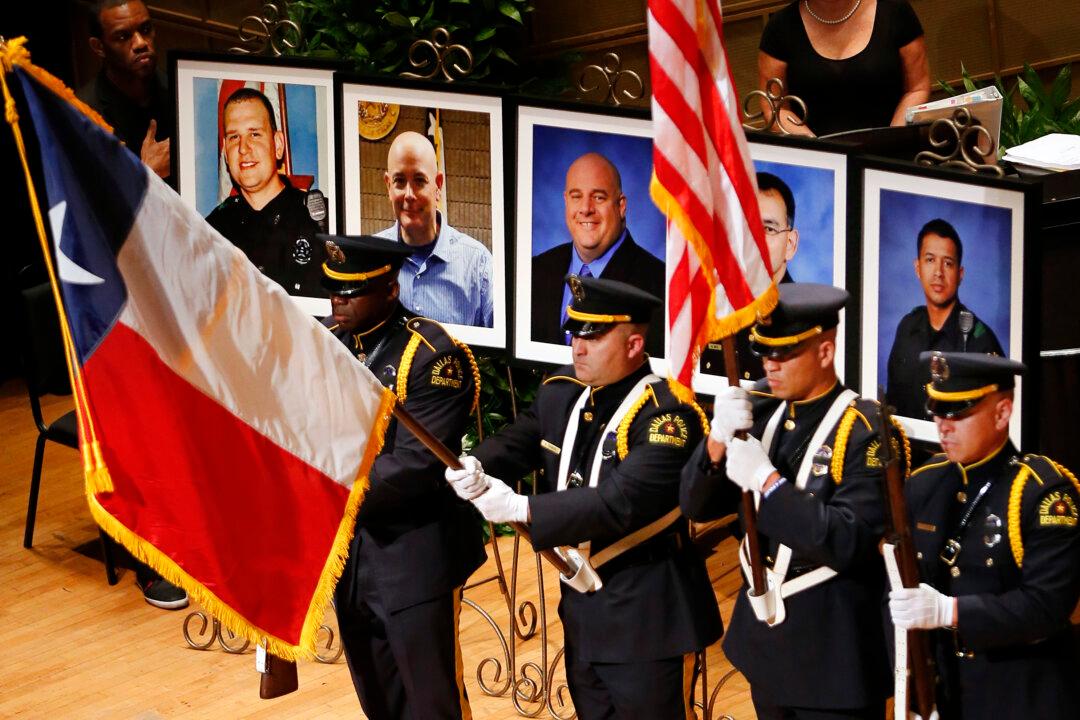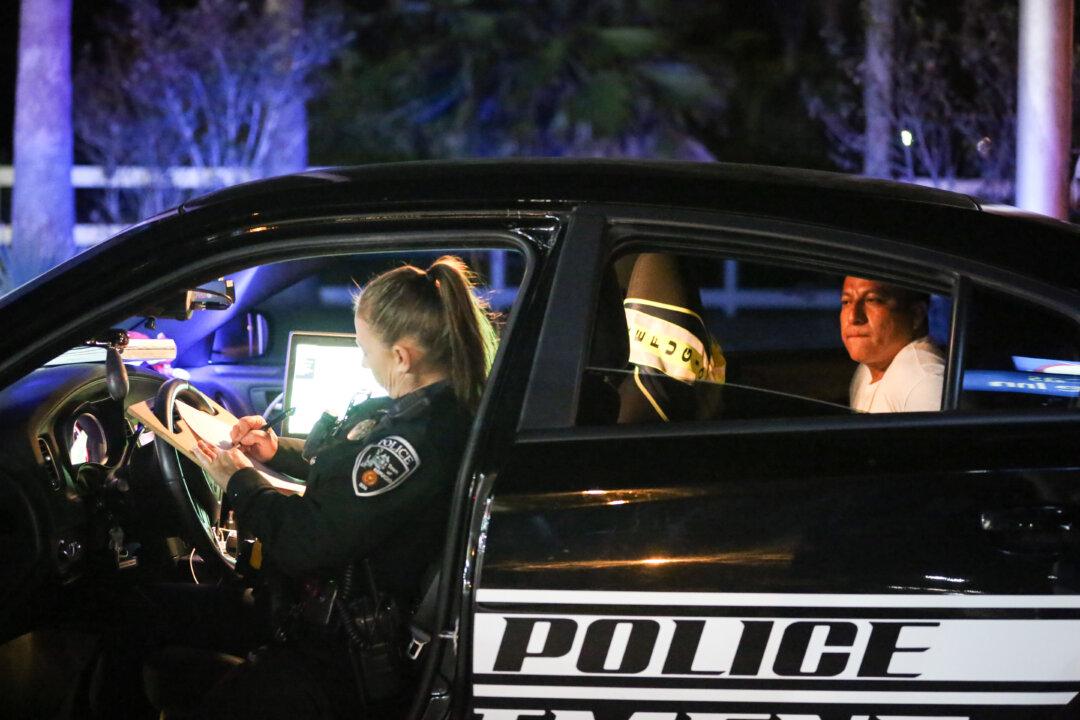Commentary
Over the past several years, the term “warrior” has been used, labeled, demonized, idolized, and applied to all kinds of professions. These days when someone mentions the word “warrior,” typically, it is synonymous with members of the military, sports figures, MMA, UFC, and others. The term “warrior” in the law enforcement community has been a taboo title. It went as far as removing the word completely from the culture and replaced with words like “guardian” and “sheepdog.”
